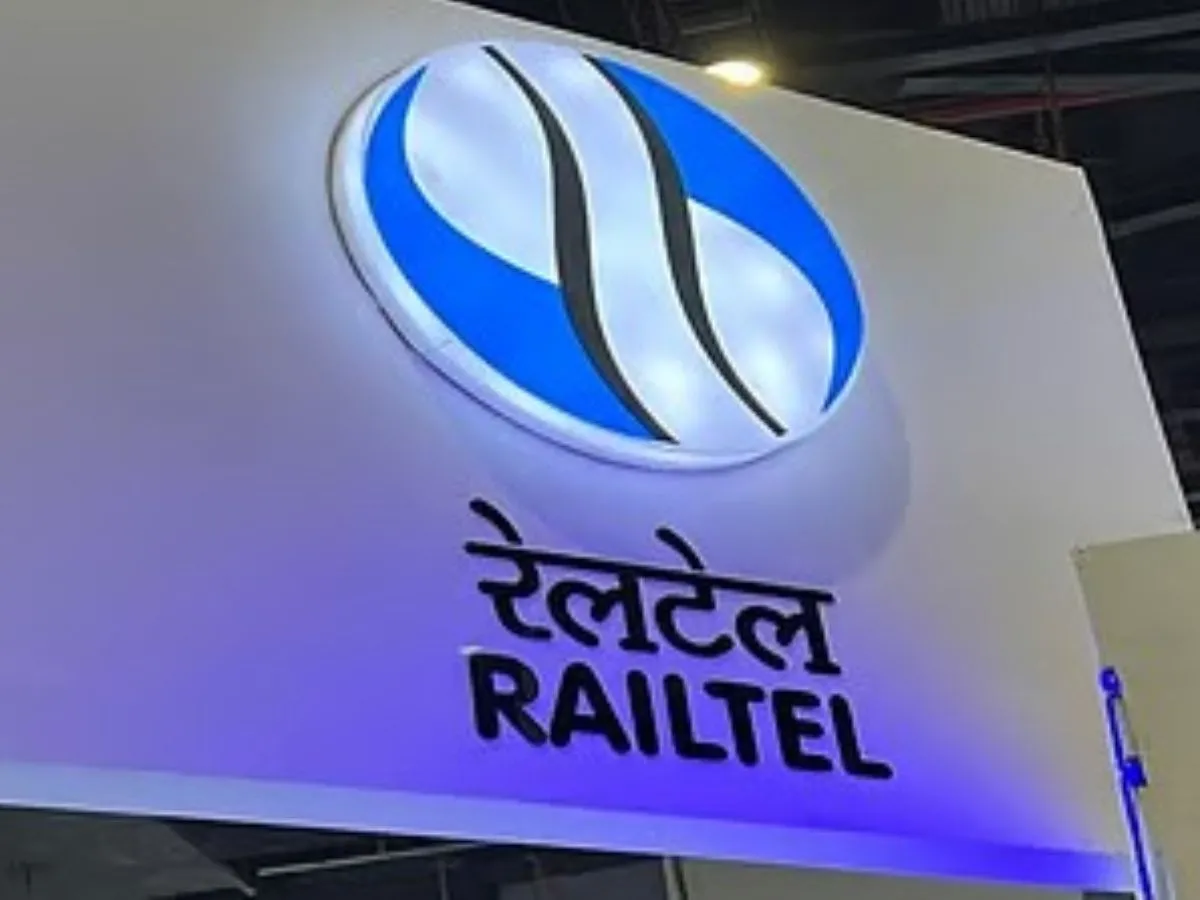Industry-academia collaboration to play a vital role in skilling the talent within the industry
For a developing country like India, infrastructure is predominant for the economic progress of the country. With India’s GDP projected at 7.8 per cent in 2019, skilled professionals are the need of the hour to achieve a continued progression. Being a capital-intensive industry, construction is an imminent contributor to the national economy as the range of consumers of the construction market has varied over the years. As per industry estimates, the size of India's construction industry is expected to be US$ 1 trillion by 2030 and contribute to 13 per cent of the country’s GDP by 2025.
Considered as the fastest growing industry, construction is poised to become the largest employer by 2022, employing more than 75 million people. With close to 1.5 million engineers graduating in India every year, the country needs approximately 4 million civil engineers on an average, over the next decade, to deliver potential real estate space and planned infrastructure.
Despite the legacy of civil engineering in India, and the huge requirement for qualified professionals working to develop the gaps in infrastructure and real estate, this field of study hasn’t flourished, with the construction sector seeing a 6.27 per cent decline in employment according to a recent survey. Raising skill levels, properly equipping the workforce, providing improved welfare and ensuring greater safety on sites will motivate workers and empower them to raise productivity.
Challenges faced by construction industry with regard to construction professionals:
Lack of skilled workforce – The average age in India by 2020 will be 29 and more than 65 per cent below the age of 35. However, most of them are inadequately skilled for jobs, and this is particularly true in case of engineering education. This can be attributed to our present education system which still follows the same monotonous syllabus that was published several years ago, with no modification or updates that instill the skills required for modern day construction. With the construction industry expected to employ 80 million workers by 2020, the productivity of Indian construction workers needs to be enhanced.
Remuneration not at par with other industries – Though the construction industry is the second largest contributor to India’s GDP, civil engineering professionals are perceived to be underpaid compared to their counterparts in other industries like IT, banking etc. This is resulting in students looking to other streams of engineering as a viable career opportunity.
Measures to be taken by Indian academic institutions:
Qualified faculty – Experienced and skilled faculty play a critical role in a student’s life, as they’re responsible for a student’s academic and professional career. By providing an institution with well-qualified faculty possessing great communication skills, a potential construction professional’s career can spark.
Mentorship and training – Mentoring at its core guarantees young individuals and guides them throughout their career. The mentorship programs provide extensive mentoring and support. These structured learning programs will further help students build promising careers in the civil engineering field.
Placement scenario – In terms of placements and jobs offered, civil engineers are lagging far behind. As per a recent study, there has been a sharp decline in the placements and offers for civil engineers, among other engineering streams. Engineering colleges need to come forward and provide placements to the civil engineering graduates, which will help them kickstart their career.
Measures to be taken by construction industry in India:
Providing internships – Internships provide a platform for students to apply the knowledge attained in their universities. Corporates have started to offer student entry-level programs which evaluates the potential of the students. They also provide internships to students that can enhance their educational experience through practical assignments.
Industry-academia collaboration – This collaboration helps industry provide internships, training and scholarships at different levels of academic qualifications, which benefit the students and the industry alike. Industry bodies in India like Construction Industry Professional Training Council (CIPTC) and Construction Industry Development Council (CIDC) are dedicated to the promotion of technical education in construction industry and skill up-gradation of construction personnel. They collaborate with universities and offer programs to increase employability of those aspirants in the country.
The need of the hour, as the construction industry undergoes a paradigm shift, is for our youth to be guided on the right path and trained based on the creative possibilities this industry offers. This is the only way to stem the dropout ratio and ensure that more skilled workforce enters the construction industry, thereby enhancing the national development and economic growth.
About the Author:
CM Appaya is Head-HR at Synergy Property Development Services.



















